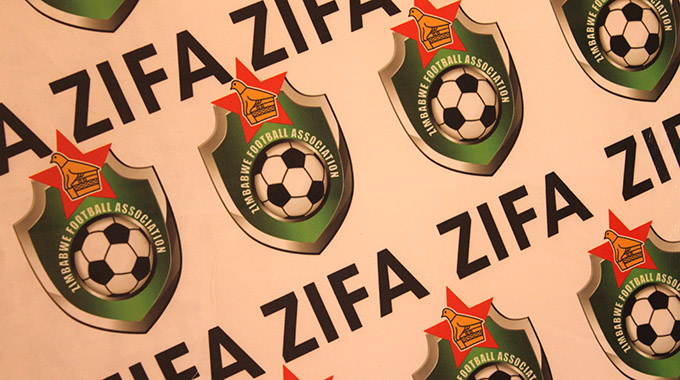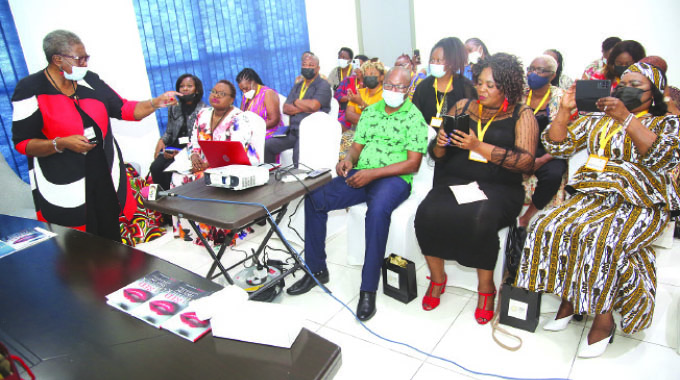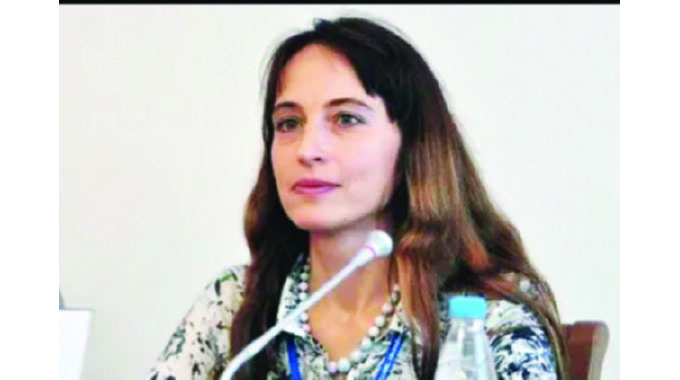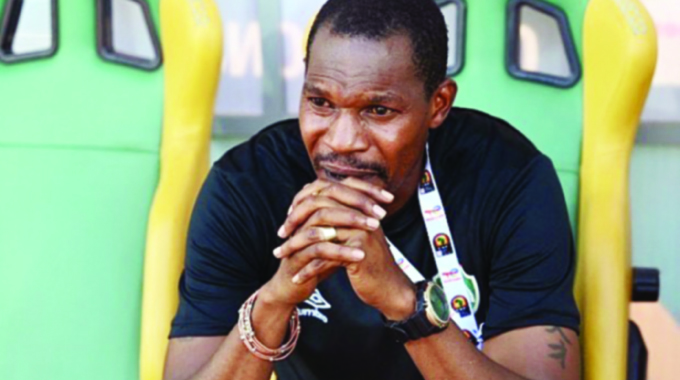Who will benefit from ZIFA storm?

Robson Sharuko Senior Sports Editor
GIFT BANDA, the ZIFA vice president who only served for a month, could be one of the biggest beneficiaries, of the constitutional storm, which is likely to shape the association’s elections.
The polls are set for next year although the dates remain unclear.
Chamu Chiwanza, the other ZIFA board member, who was pushed out of the domestic football leadership, could also be the other beneficiary.
However, given the controversy, which is likely to be torched by the constitutional requirements, the current ZIFA board could also find their term of office extended, by default. In the event that there is an impasse, where elections cannot be held, for one reason or another, the incumbent leadership is given the mandate to lead, until the polls are held.
That was the case in 2018, when the then ZIFA board, led by Philip Chiyangwa, were allowed by FIFA to remain in charge, for about eight more months.
It meant that elections, which were scheduled to have been held in March that year, ended up being conducted in December.
“We can confirm that FIFA has sent a letter to ZIFA on 24 April (2018), informing them that given that the current ZIFA executive committee inherited the four-year mandate of the previous executive committee under Mr Cuthbert Dube that began in March 2014, elections of a new ZIFA executive committee should take place as soon as possible in accordance with the ZIFA statutes and regulations,’’ read a statement from FIFA.
“Consequently, and in accordance with Article 2 letter C of the ZIFA electoral code, the incumbent ZIFA executive committee remains until the next election.’’
The Herald revealed yesterday there were signs the Ghost of 2018, which led to the intervention by FIFA, could strike once again, when the ZIFA election season finally gets underway. A ZIFA constitutional requirement, for board members to only serve a maximum of two terms, is likely to be at the heart of the boardroom battle.
Article 32 (3) of the ZIFA constitution states that “the mandate of the president, vice presidents and members of the executive committee is for four years.
“They may be re-elected, for one additional term.”
It could elbow out a number of those, who are leading domestic football, with a Harare lawyer even suggesting it also applies to the leaders of the lower structures.
“What is clear from that clause in the ZIFA constitution is that it provides a cap on leadership and one can only serve a maximum of two terms on the board,’’ he said.
“Barring an amendment to that clause, its pronouncement is very clear.
“And, since the ZIFA constitution applies to every facet of organised football in this country, it means even those who are in the lower leagues cannot hope to be voted into office, after more than two terms.
“Clearly, we are set to get into waters which have not been tested before, for one reason or another, but the constitution is very clear as to how long one can be in leadership.’’
This has cast the spotlight on the ZIFA principal figures, Felton Kamambo (president) and Phil Machana (acting vice president), in terms of their eligibility, to run for office, for another term.
But, they are not the only ones, who could be feel the heat. Then, there is also the other side, which will see the likes of Banda and Chiwanza, reaping huge benefits, from the developments.
Of course, that will depend on whether, after the challenges they faced in the game they had chosen to lead, they still want to be part of its leadership.
Banda will complete three years, under suspension, in three months’ time.
He was suspended by his fellow board members, on January 17, 2019, after being accused of having changed the composition of the Warriors coaching staff, without the input of others,.
Despite his spirited attempts, to get his suspension overturned, at various ZIFA channels, his case remains unresolved.
He could have just created a world record, in terms of the football administrator who was voted into office, but never got the chance to execute his responsibilities.
What has emerged, this week, is that the ZIFA constitution was adopted under the assumption all the executive members would run the full course, of their four-year mandates. And, in the event they wanted another dance, in the ZIFA leadership, they would be free to have one final four-year crack, before handing the baton to others.
However, the decision to revoke the mandate of Cuthbert Dube, in October 2015, which also led to the collapse of his board, changed everything, and could complicate the situation, in the next round of elections.
If the constitutional requirements, related to the places on the ZIFA board, also apply to the lower structures, in the game’s administration, then this could see a whole new leadership set-up, in local football.
Most of those serving in the provincial and regional leadership committees have been there for years.
Although their constitutions might be different, to the one used for the ZIFA board membership, the Harare lawyer said, in such cases, the mother body’s constitution becomes the football bible.







Comments